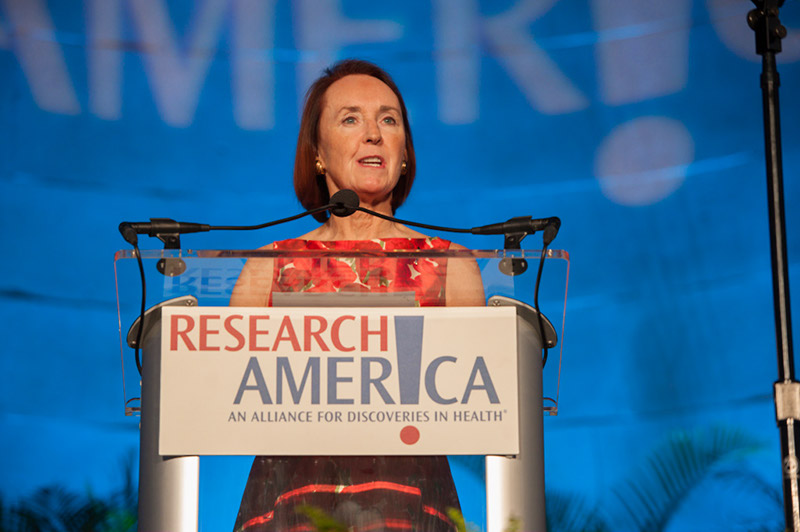June Gloom

 Dear Research Advocate,
Dear Research Advocate,
“June Gloom” is what the residents of Los Angeles call this past month’s weather. I was in California last week at the invitation of UC Riverside, which has, in addition to a robust portfolio of federally funded research, an inspiring commitment to the community. For the record, it wasn’t gloomy in Riverside, but then, the LA area is vast, and the overcast is closer to the ocean. There is a decent parallel here to the vastness of the landscape for support of research in Washington: the House passed two “minibus” appropriations packages this month that include significant increases for federal agencies that support research. This week we issued a statement about the passage of the second minibus, which includes funding increases for the FDA and NSF. While the FDA number ($3.26B, an $180M increase) is a step in the right direction, we are working to ensure the Senate goes with the Administration’s higher request of $3.33B.
On the gloomy side of the landscape are reports that negotiations are not going well on a deal to raise the budget caps. The chances are definitely growing that the caps won’t be lifted by the end of this fiscal year (if they are lifted at all). As I’ve stated before, no deal means budget cuts. Do not take a pass on advocacy. Go to our legislative action center for new ways to lend your voice!
Speaking at our June Research!America alliance member call, Dana Acton, Legislative Director for House Appropriations Committee Chairwoman Nita Lowey, affirmed how critically important it is for all members of Congress to hear from constituents about the need for a budget deal. She also highlighted several of the Chairwoman’s key priorities, including greater investment in our nation’s public health infrastructure and continuing to grow the NIH budget.
Yesterday’s Future of Healthcare Summit sponsored by The Hill publication featured terrific panels about some of our nation’s most pressing health and health care innovation challenges. Two Research!America board members participated, Dr. Georges Benjamin and Dr. Elias Zerhouni. You can see other speakers and the agenda here.
The event included a roundtable on trust in science and trust in the media, a conversation that followed on the heels of a new Institute for Public Relations report finding that nearly two-thirds of Americans believe the spread of misinformation is a national problem. We know from our commissioned surveys that scientists are the most trusted sources of information about science. Taken together, these findings underscore how important it is for researchers and stakeholders in research to heighten their public visibility, to help the concerned public break through the noise.
Research!America and partners held a standing-room-only briefing yesterday about improving the health of rural Americans through patient-centered research. The Patient Centered Outcomes Research Institute (PCORI) improves the relevance and value of research by incorporating patient engagement from the start. The key question as Senator Chris Van Hollen (D-MD) noted is, “What research works best for whom? The work of PCORI is helping to generate this evidence for patients and doctors.” Dana Richter, Policy Director for Senator Shelly Moore Capito (R-WV), shared her boss’ strong support for PCORI research and the program’s reauthorization.
Timing is everything! The House Ways and Means Committee approved legislation that reauthorizes PCORI for 7 years. The House Energy and Commerce Committee is expected to discuss similar legislation after the July 4th recess. Consider joining the Friends of PCORI Reauthorization Coalition; contact Sue Peschin at [email protected] to get involved.
Sincerely,
Mary Woolley




